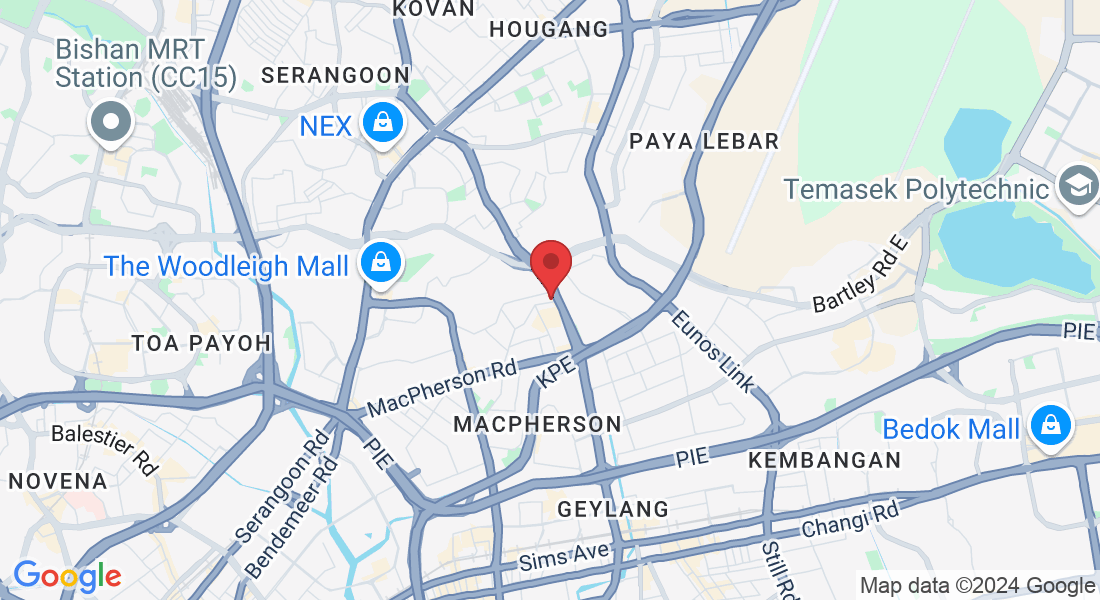Plan Your Educator's Financial Future with Expert Guidance
In today's complex financial landscape, we are here to help you teachers and professionals navigate the uncertainties and design a customised plan that aligns with your unique financial goals and aspirations.
What we do
Ethical and Fiduciary Responsibility
As educators ourselves, we hold ourselves to the highest ethical standards. Your financial interests always come first, and we are dedicated to providing you with unbiased advice that is solely in your best interest. You can trust us to act with integrity and professionalism.



Good Approach

Great Ideas

Save Money

Detailed Report
We Are Here For You!
We understand that financial questions and concerns don't adhere to a 9-to-5 schedule. That's why our 24/7 financial advisory services are always available to you. Whether you have a pressing financial issue in the middle of the night or need guidance during the weekend, we are here to assist you at any time.

Comprehensive Financial Planning
Navigating today’s financial landscape can be complex, especially for busy educators and working professionals juggling career demands, family responsibilities, and personal goals. That's where our dedicated financial planning service comes in, designed to provide a holistic assessment of your financial health and a clear path forward.
Investment Management
Our investment management service is designed to help you grow wealth sustainably and achieve financial freedom over time. Using our proven 3D Investing Framework—Dividend, Delegate, and Discount investing—we craft a portfolio tailored to your goals, risk tolerance, and timeline. We focus on building a diversified mix of investments that generate steady, passive income streams, allowing you to see returns without constant involvement. With a disciplined approach and ongoing market insights, we guide your investments to capture growth opportunities while mitigating risks, giving you confidence in a plan that aligns with your financial aspirations. Whether you're just starting or refining your strategy, our aim is to empower you with investments that work hard for you.


Retirement Planning
Planning for retirement is about securing the lifestyle you envision and ensuring financial independence in your later years. Our retirement planning approach is comprehensive, starting with a deep understanding of your current financial picture, future aspirations, and potential retirement expenses. We work with you to identify income sources like CPF, SRS, and cash investments, while creating strategies to maximize your retirement savings. With tailored solutions, we help you build a sustainable income stream that supports your ideal retirement. Our focus is on optimizing growth and balancing security so you can confidently transition into retirement, knowing your financial future is well-protected.
Estate Planning and Wealth Transfer
Estate planning is essential for preserving your wealth and ensuring it’s passed on according to your wishes. Our estate planning service goes beyond legal documentation to provide a thoughtful strategy for asset distribution, family security, and legacy building. We work with partners to set up effective structures, such as trusts and wills, that protect your assets and streamline the wealth transfer process for your loved ones. By addressing tax implications and potential inheritance issues, we help reduce uncertainties and provide a clear plan for the next generation. Our goal is to honor your legacy while offering peace of mind that your family’s financial future is secure, enabling a smooth transition of your hard-earned wealth.

FAQS
What is the benefit of working with a financial advisor?
Working with a financial advisor provides invaluable benefits for managing and growing your wealth. An experienced advisor brings expertise and personalized guidance, ensuring that every financial decision aligns with your unique goals and circumstances. They work with you to develop a comprehensive financial plan that covers essential areas, from optimizing investments and minimizing taxes to preparing for retirement and safeguarding your legacy. Beyond strategic planning, a financial advisor offers peace of mind by actively managing your portfolio, adapting to changes, and providing clarity in complex financial situations. With a professional by your side, you gain confidence and support in making informed, effective decisions for a secure financial future.
How do I choose the right financial advisor for my needs?
Choosing the right financial advisor is a crucial step in achieving your financial goals. Begin by clarifying your own financial objectives and priorities to identify what you need from an advisor. Look for professionals with the necessary licenses, relevant experience, and a proven track record of success. Specializations are also important—consider advisors with expertise that matches your specific financial needs, whether it's retirement planning, investment management, or tax strategy. Schedule a consultation to gauge their approach and ensure it aligns with your values and objectives.
Do I need a large portfolio to benefit from financial advisor services?
No, you don't need a large portfolio to benefit from financial advisor services. Financial advisors can assist individuals at various stages of their financial journey, from those just starting to save to those with substantial assets. Advisors can help you create a financial plan, manage debt, set up an emergency fund, and make the most of your resources, regardless of your current wealth. Their goal is to help you improve your financial well-being and work towards your financial goals, whatever they may be.
What Are Our Customers Saying ?
Feedback from our delighted clientele.
We can’t express enough gratitude for the unwavering support and expert guidance we received. When my husband and I faced an unexpected financial crisis, we didn’t know where to turn. They stood by us every step of the way, offering sound advice and helping us make confident decisions. After implementing the 3D Investing Framework—focused on Dividend, Delegate, and Discount investing—we were able to establish an additional monthly income stream that brought us much-needed stability and peace of mind. With their dedicated support, we not only overcame our financial challenges but also positioned ourselves for a secure and prosperous future.

Ms Tan CY
I’m beyond grateful for the incredible support and guidance I received. As a teacher managing both a career and young children, I felt stretched thin. I wanted to be there more for my kids but couldn’t see a way to balance my financial needs with my desire for more family time. After implementing the 3D Investing Framework—focusing on Dividend, Delegate, and Discount investing—I was able to create an additional monthly income stream that allowed me to transition to a flexi adjunct role. Now, I have the time to support my kids while maintaining a steady income. It’s been life-changing to know I can provide for my family without sacrificing precious time with them.

Mdm Koh GJ


